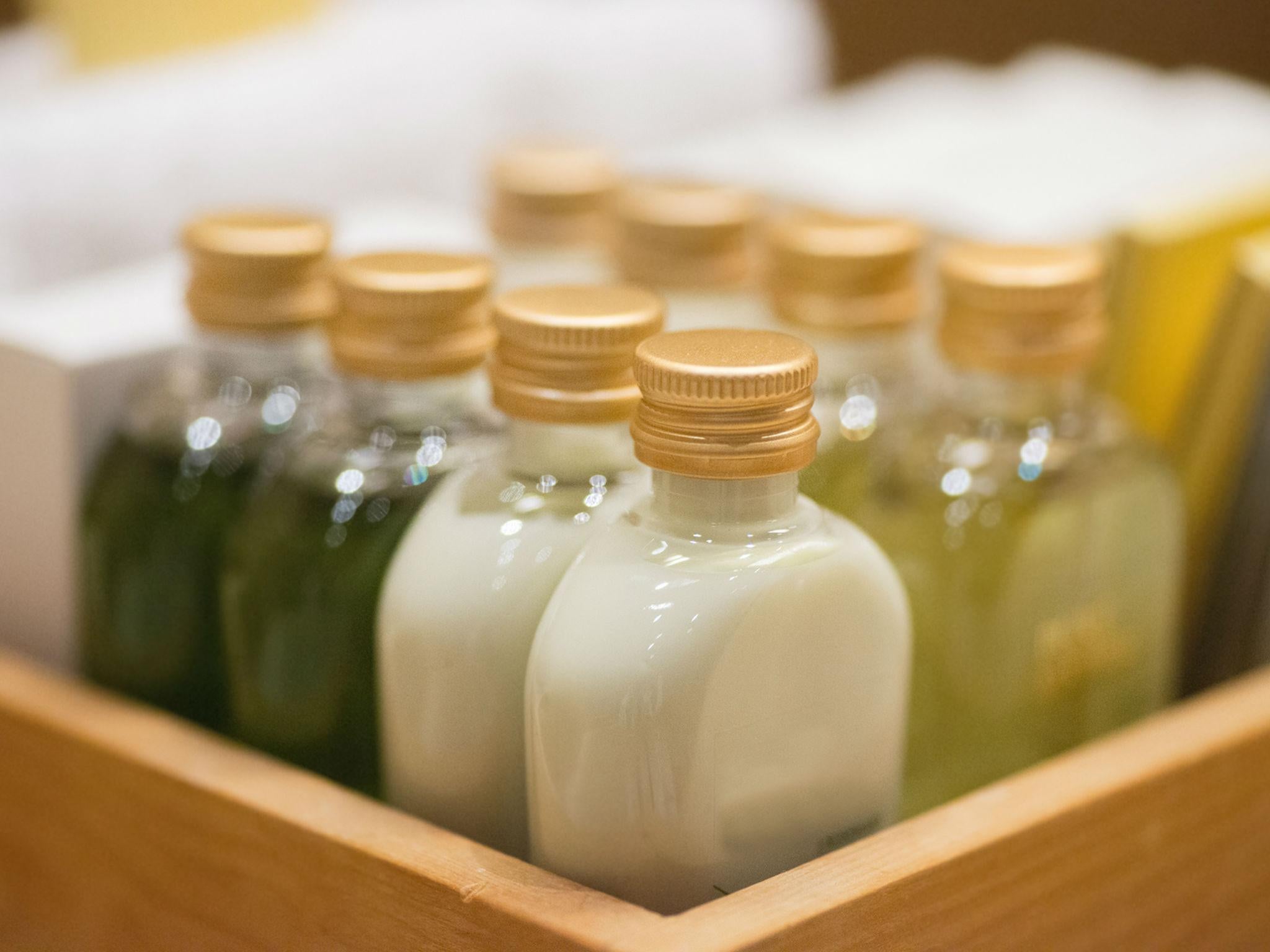More than 33 people dead after drinking bath oil in Siberian capital of Irkutsk
Siberian counterfeiters known to sell household products as cheap alternatives to alcohol

Seven people have been arrested after at least 33 people from a Russian city died from drinking bath oil, despite clear warnings not to swallow the liquid.
Russia's Investigative Committee confirmed dozens of victims had consumed the hawthorn-scented oil, hoping it would give them a similar sensation to alcohol.
Overall more than 50 people in the Siberian city of Irkutsk sought urgent medical attention after consuming the product.
Investigators said the oil had a clear label instructing people not to consume it, but the warning was ignored.
The oil contained methanol, a toxic chemical found in antifreeze, and the labels said the liquid was 93 per cent methylated spirit.
Police confirmed they discovered a workshop where the oil was being produced alongside counterfeit alcohol. Two people were detained on suspicion of distributing the liquid, and a further five arrests were made. The product has now been removed from shops.
It was unclear whether those selling the product were marketing it as a cheaper substitute for alcoholic drinks such as vodka, although investigators said they suspected this was the case.
"It is a terrible tragedy," a spokesman for the Russia government told local reporters. "This type of problem is well known and the president has been informed. It undoubtedly demands our undivided attention and measures must be taken."
Last month, Russia's Deputy Prime Minister Alexander Khloponin said medicines and perfumes account for up to 20% of the alcohol drunk in the country.
Join our commenting forum
Join thought-provoking conversations, follow other Independent readers and see their replies
0Comments